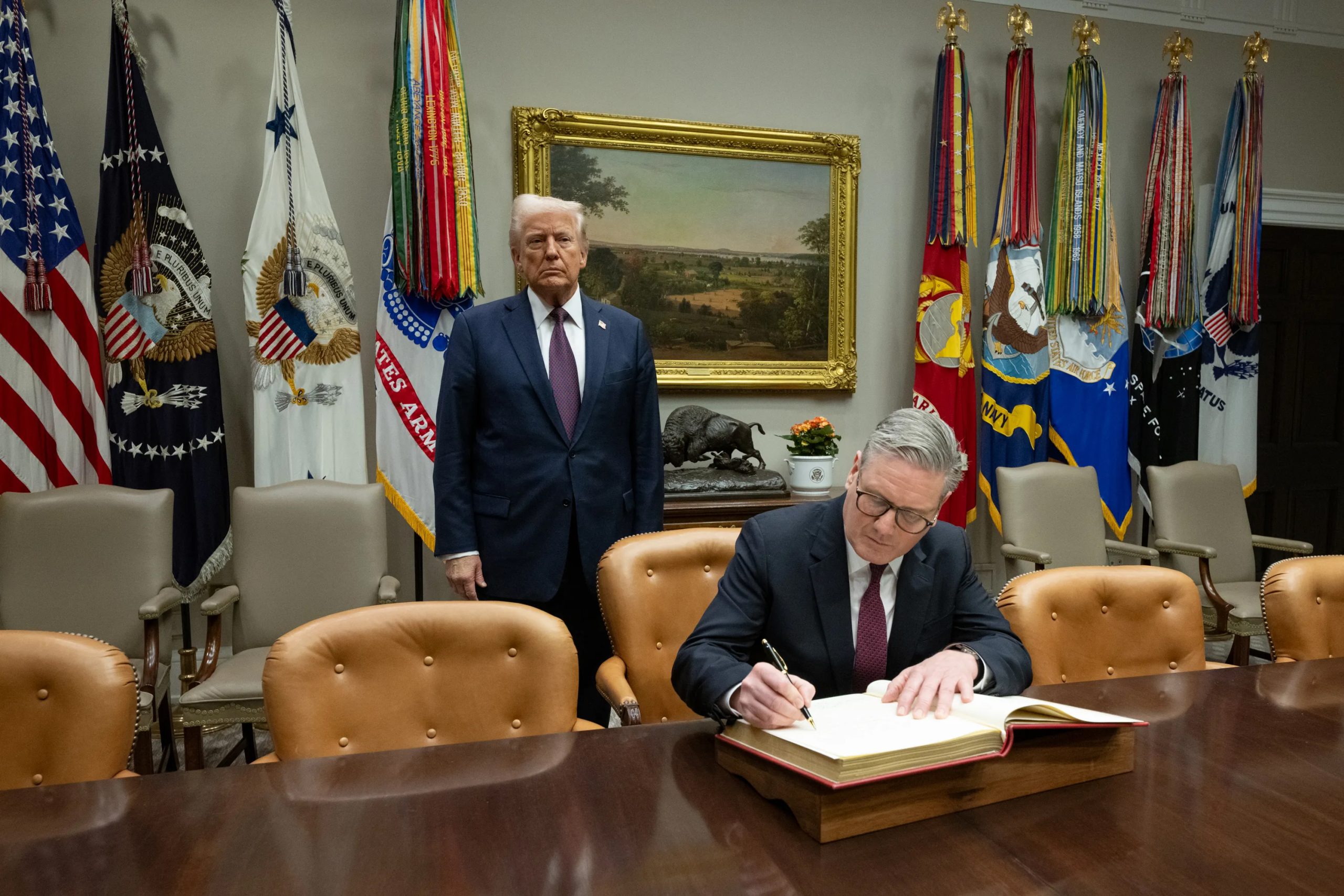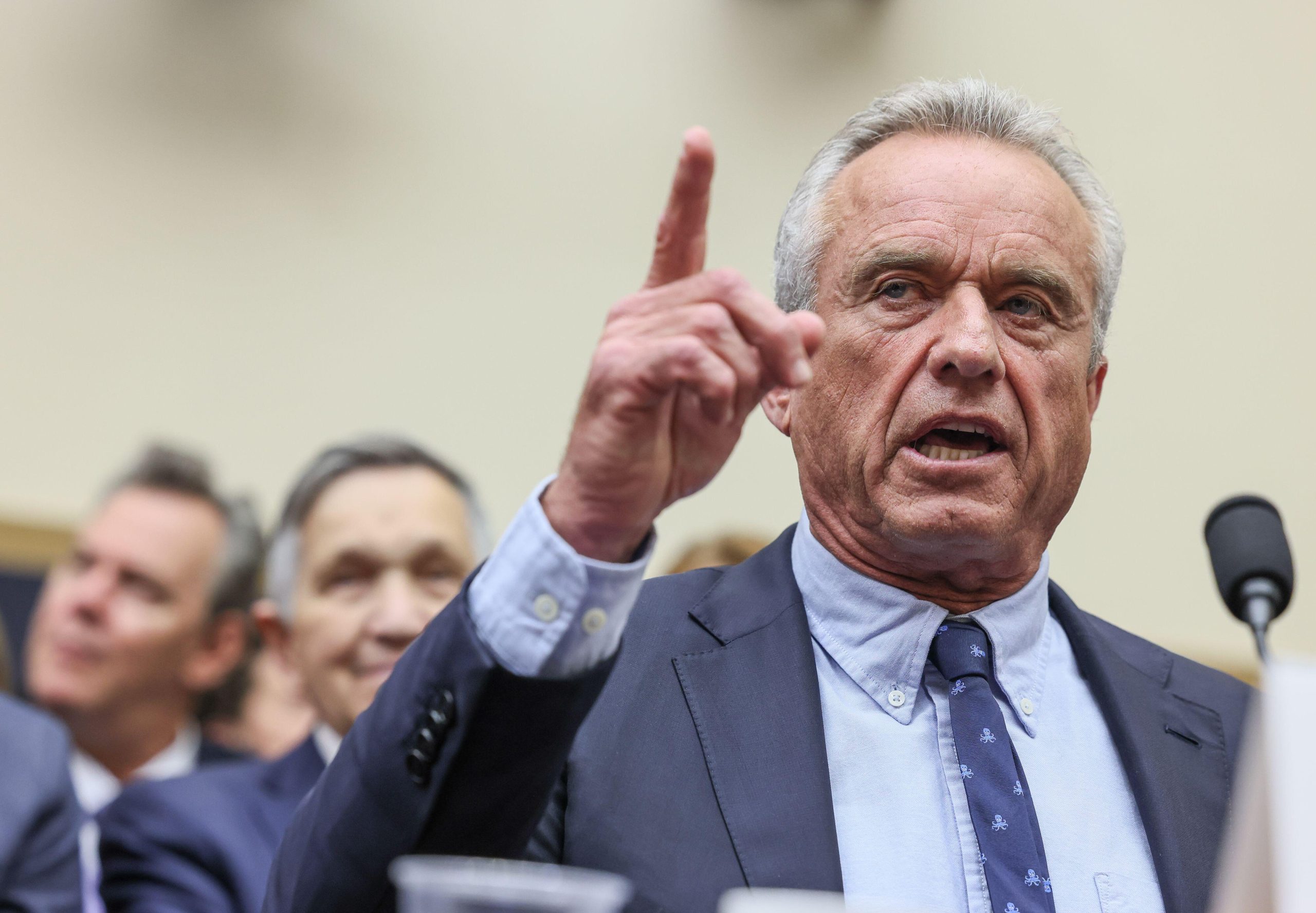Early last month, human rights lawyer Rashid Rehman from Multan in Punjab province, was threatened that he would not be present at the next hearing as he would not be alive. Those who threatened him — the complainant’s counsel, Zulfiqar Sindhu, and two others made their statements in front of the judge during the hearing of a blasphemy case — meant every word. The judge looked on stone-faced.
Sitting in his office with another lawyer and a client on 7 May, two men stormed into Rehman’s office, at around 8:30 pm, and opened fire. While he was pronounced dead on arrival at the hospital, the other two, who sustained serious bullet wounds, survived.
Rehman was the regional coordinator for the independent Human Rights Commission of Pakistan and was representing alleged blasphemer Junaid Hafeez, a lecturer at Multan’s Bahauddin Zakariya University. The latter had been accused by some students of making derogatory remarks against Prophet Muhammad in March last year.
The HRCP has, to date, lost six of its members. Five of them — Naeem Sabir (2011), Siddique Eido (2011), Zarteef Afridi (2011), Ahmed Jan Baloch (2013) and Rashid Rehman (2014) — were killed in the line of duty. The sixth victim, Malik Jarrar Hussain’s (2013) was victim of a sectarian killing. No one linked to the murders has been arrested.
Fear of backlash from the extremists is palpable and that is why, said Zohra Yusuf, chairperson of the HRCP, even in this particular case: “The accused could not find a lawyer for a year.”
“Rashid was threatened on his first appearance in court, held inside Multan District Prison, in front of the judge,” said Yusuf, speaking to Index. Due to security concerns the hearing was being held inside the prison, she said.
On returning from the hearing, Rehman had complained to the police and the district bar association in writing and had also copied it to all civil society organisations. He had also told The Express Tribune that he had been threatened by five people over 48 hours and warned to drop the case.
In a 10 April statement, the HRCP had brought the issue to the attention of the authorities. “But nothing was done,” said Yusuf.
“This is an extraordinary event in the sense that the murderers are well identified,” A.H. Nayyar, a well known educator and a peace activist based in Islamabad. While those who pulled the actual trigger may not be identifiable, he told Index, those who threatened Rehman were very clearly named by the deceased.
Clearly infuriated, Nayyar said that if the police and the government fail to provide justice then the matter should be taken to the civilized world. “We should move parliaments of other countries to take notice of it, to lodge protests with our government and even threaten to sever relations with Pakistan.”
Dawn reported that a pamphlet stating that Rashid Rahman met his fate because he tried to save a blasphemer was dished out by unidentified people in the chambers of lawyers in Multan. “We warn all the lawyers to think before defending such matters,” the pamphlet read.
“It’s been difficult for lawyers and judges to deal with blasphemy cases in the past as well but I am certain that they will be even more hesitant now to take up such cases and who can blame them?” pointed out Angelika Pathak, former South Asia researcher at Amnesty International. Saddened by Rehman’s death whom she had known for some time, she found him to be someone who “showed great courage in the face of threats and harassment”.
“We all know, not only the alleged perpetrators but anyone perceived to side with them, be they lawyers, their own families and friends, even members of their wider communities, have all been subjected to abuse — threats of violence, violence, even unlawful killing — by extremist elements while the state has turned a blind eye to it,” she told Index over an email exchange.
Pathak found impunity for false accusers of blasphemy and for perpetrators of violence as the single most significant factor contributing to the persistence to the abuse of the blasphemy laws of Pakistan.
As a first step to end the abuse of these laws, she said the parliament should consider some safeguards, including making the deliberately false accusation of blasphemy a criminal offence.
But more importantly, Pathak pointed out that Pakistan should consider abolishing these laws as they are “too vaguely formulated, lack a clear reference to criminal intent and are in conflict with Pakistan’s international commitments undertaken when ratifying the International Covenant on Civil and Political Rights (ICCPR).”
Ratifying the ICCPR, Pathak pointed out, meant the obligation to bring “domestic law into conformity with the international legal standards”, something she emphasised remained “conspicuously missing” in Pakistan, not only with regard to the blasphemy laws but a whole range of other laws as well.
This article was published on May 9, 2014 at indexoncensorship.org





